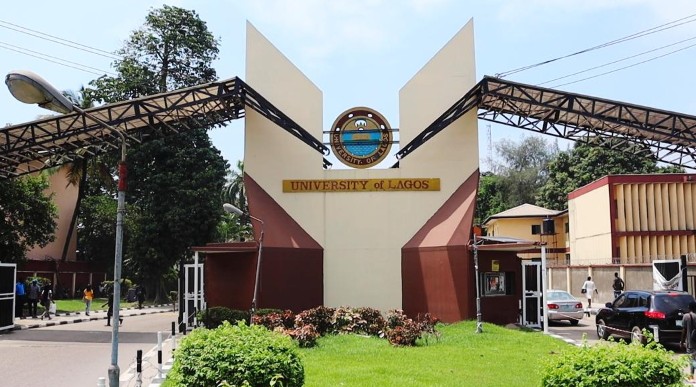The University of Lagos (UNILAG) is a prestigious institution in Nigeria, attracting numerous students every year.
For prospective students, understanding the associated costs, including the entry fee, is very important.
While UNILAG doesn’t have an explicit “entry fee,” there are various obligatory fees for new students, which effectively constitute the cost of entry.
Obligatory Fees for Freshers
For the 2024/2025 academic session, the obligatory fees for fresh students are broken down into two categories based on their courses of study:
- Courses Without Laboratory/Studio: The total obligatory fees for these courses amount to ₦126,325.
- Courses With Laboratory/Studio: For courses that require laboratory or studio facilities, the total obligatory fees are slightly higher at ₦176,300.
These fees include a range of services and facilities essential for new students, including registration, identity card issuance, examinations, library services, information technology, and more.
Additionally, a laboratory/studio fee of ₦49,975 is applicable for students enrolled in courses requiring such facilities.
Breakdown of Obligatory Fees
Have a look at the detailed breakdown of the obligatory fees for freshers:
- Registration: ₦25,000
- Identity Card: ₦5,000
- Result Verification: ₦5,500
- Examinations: ₦15,000
- Library Services: ₦15,000
- Information Technology & Entrepreneurship: ₦15,000
- Students’ Handbook: ₦5,000
- Laboratory/Studio (if applicable): ₦49,975
- Accreditation: ₦5,825
- Medical Services: ₦10,000
- TISHIP (Tertiary Institutions Social Health Insurance Programme): ₦5,000
- Sports: ₦10,000
- Matriculation: ₦5,000
It is important to note that these fees are subject to change, so it’s advisable to confirm the current figures from the official UNILAG website or relevant administrative offices.
Additional Costs to Consider
Aside from the obligatory fees, prospective students should also factor in other potential costs, such as accommodation, textbooks, transportation, and personal expenses.
These additional costs can vary depending on individual circumstances and lifestyle choices.
What is the difference between obligatory fees and tuition fees?
Obligatory fees are mandatory payments that cover various services and facilities provided by the university, such as registration, examinations, library access, and more.
Tuition fees, on the other hand, are specifically for the cost of instruction and academic programs. At UNILAG, tuition is currently free for undergraduate students.
Are there any scholarships or financial aid available at UNILAG?
Yes, UNILAG offers a range of scholarships and financial aid opportunities to support eligible students.
These may be based on merit, need, or specific criteria. Prospective students are encouraged to explore the available options and apply if they meet the requirements.
How do I pay the obligatory fees at UNILAG?
UNILAG typically provides various payment options, including online payments, bank transfers, or payments at designated banks.
Detailed instructions on the payment process are usually available on the university’s website or through the admissions office.
Can I get a refund of the obligatory fees if I withdraw my admission?
The refund policy for obligatory fees may vary depending on the specific circumstances and timing of the withdrawal.
It is advisable to review the university’s refund policy or contact the relevant administrative office for clarification.
What happens if I don’t pay the obligatory fees on time?
Failure to pay the obligatory fees by the stipulated deadline may result in late payment penalties or even loss of admission. It’s good to adhere to the payment schedule to avoid any complications.
Are there any additional fees for international students?
Yes, international students may be subject to additional fees, such as visa processing fees, health insurance, and other charges specific to their status.
It’s important to consult the international students’ office or the university’s website for detailed information on applicable fees.
